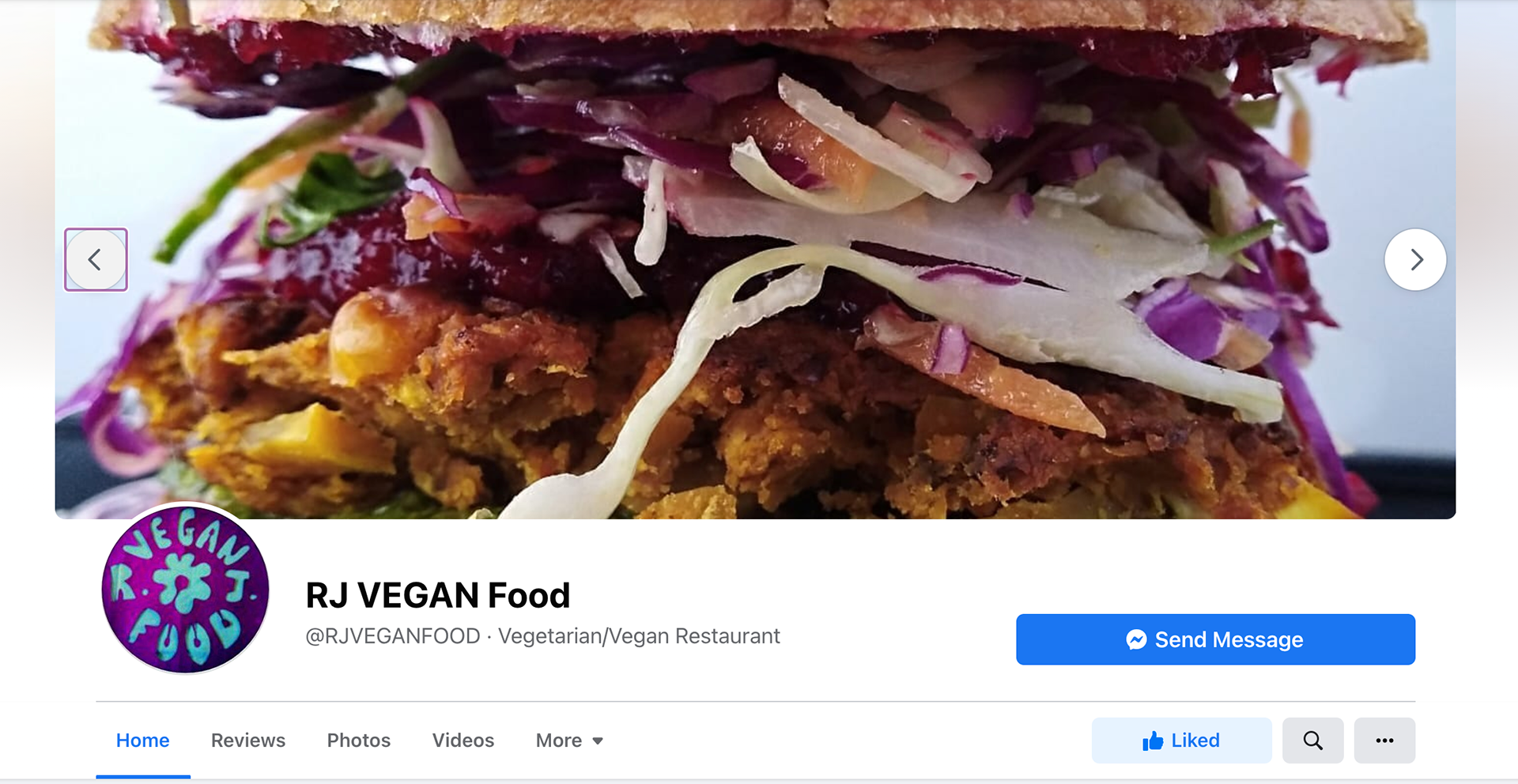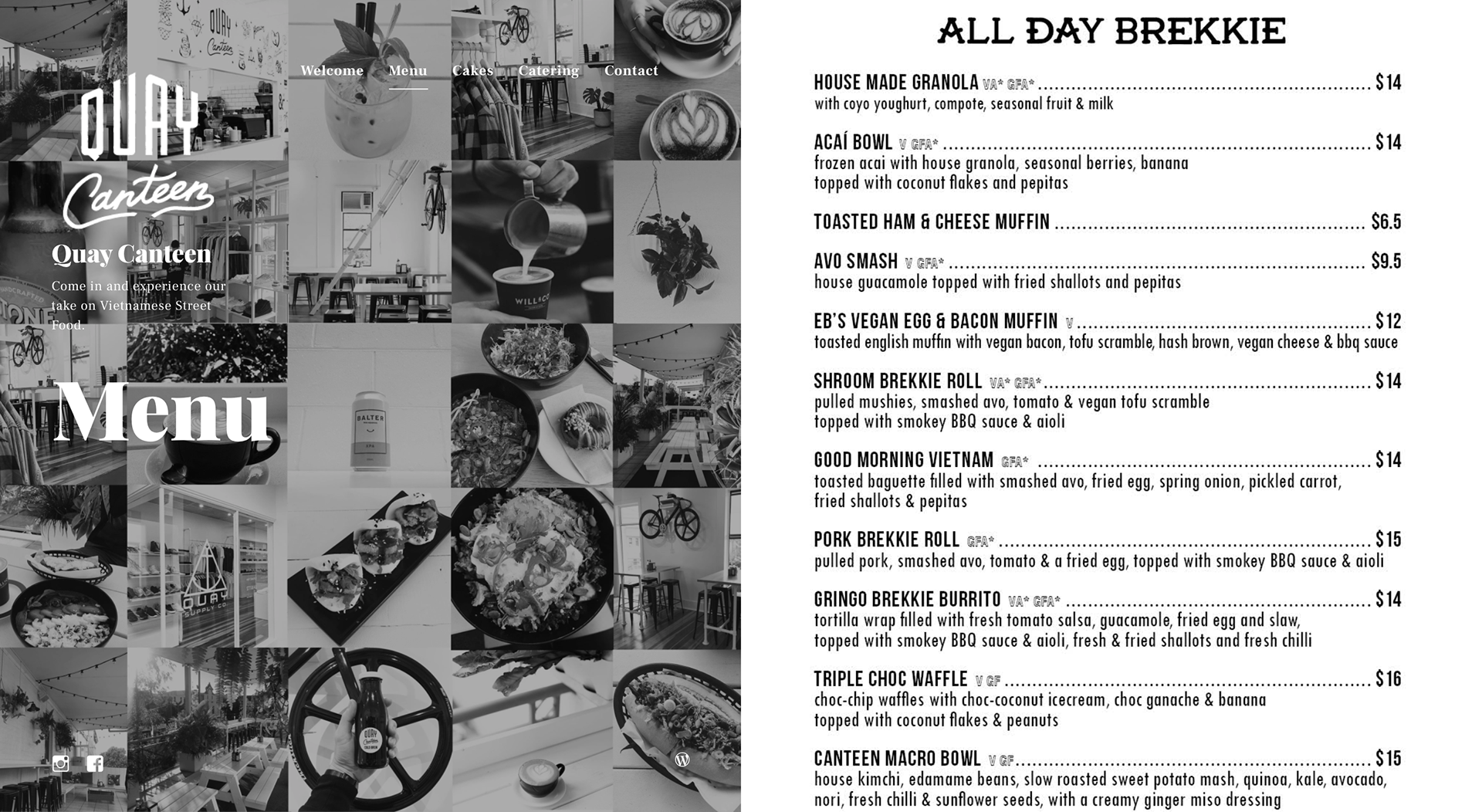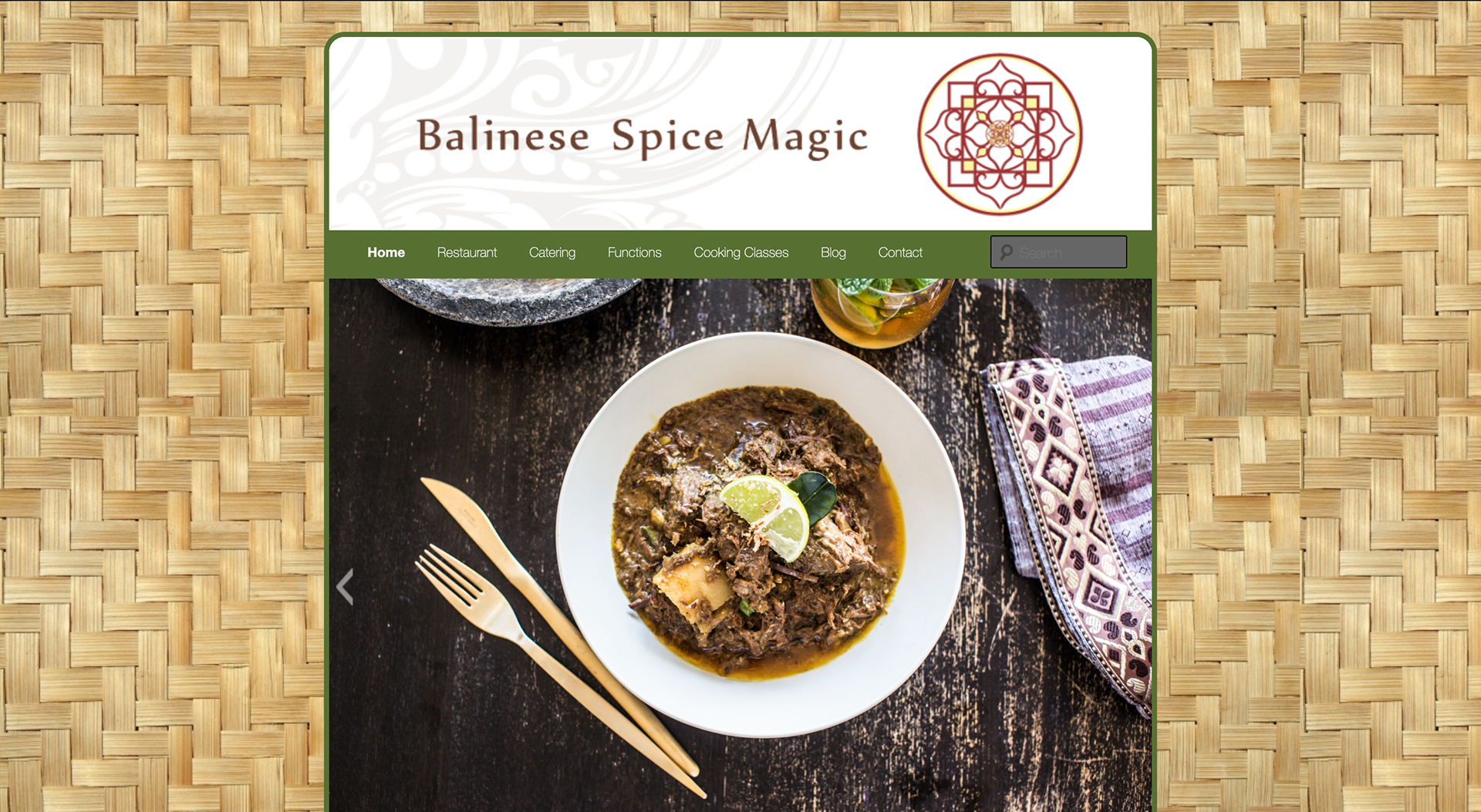Ethical Consumption
Ethical consumption comes in a variety of forms, and many of us practice this in different ways. Some use bamboo toothbrushes and eat predominantly plant foods, while most of us try to recycle and turn the tap off in between brushing to save water.
I’m interested in unpacking the relationship university student’s have with the ethical consumption of food and the range of diets and practices that follow a more intentional approach to sustainable living. Most diets promote an intake of vegetables; specifically a plant-based diet focuses on eating whole-food fruits, vegetables and grains. Distinctly different is the vegan ‘Lifestyle’ which prioritises the ethical consumption of things beyond food, excluding products that support animal cruelty and exploitation such as skincare, fashion and other household and lifestyle goods. Vegans avoid food with animal based or bi products yet still may consume processed foods or meat alternatives that a plant-based eater wouldn’t. (Nezlek & Forestell, 2020 p.45).
Vegetarian diets exclude meat, seafood and poultry while including eggs and dairy products. (Tuso et al, 2013, p.62) Vegetarian diets are more widely accessible to people and offer a variety of recipes and menu options, “appropriately planned vegetarian diets, including total vegetarian or vegan diets, are healthful, nutritionally adequate, and may provide health benefits in the prevention and treatment of certain diseases.” (Tuso et al, 2013, p.61)
Some people rather than excluding meat may choose to lower their meat intake, choosing a vegetarian meal night or may responsibly source animal products form local farmers who practice raising animals mindfully away from systemic and exploitative businesses. For years scientific literature has been discussing the implications of animal products is associated with many health problems, such as heart disease, diabetes, obesity, atherosclerosis formation, cancer, and more. (Bouvard et al. 2015)
Plant oriented diets are becoming popular for sustainability, health, animal welfare and ethical reasons. As studies and innovations are made the education of this far-reaching topic spreads widely in academia and social media, being noticed and pursued by young people and those conscious of their diet and daily impact on global health.
Innovation in the food market for ethical alternatives to animal products is expanding rapidly. With a wide range of plant-based meat (PBM) alternatives for vegans as well as products that contain dairy and egg additives that are suitable for vegetarians. (Rubio, Xiang, & Kaplan, 2020, p.7) There is also cutting-edge advances in cell-based (CBM) approaches to meat production - “the tactic of producing commodities from cells, rather than whole organisms or animals, CBM; meat grown from muscle or fat cells rather than cows, pigs or chickens.” (Rubio, Xiang, & Kaplan, 2020, p.2) By removing animals from the manufacturing process PBM and CBM products will be able to transform the animal agriculture industry to a more environmentally sustainable, animal welfare prioritising and nutrition conscious business. (Rubio, Xiang, & Kaplan, 2020, p.9)
I intend to measure the scope of ethical consumption from practicing vegans like myself to those who decided to lower their meat intake or choose to cut down on food waste through composting or decreasing their grocery packaging. How and why are university students influenced to pursue intentional relationships with food, wastefulness and sustainable living?
I must be diligent when conducting research to establish the conversation surrounding ethical consumption from within university while also considering external forces that push students into their habits. There are a range of socio economic, religious and cultural as well as environmental implications surrounding the choice to pursue a more ethical diet and consumption practices. (Wright, 2019, p.14)
Social networks offer opportunities to track and research personal narratives, an article published just this year, explores the use of Twitter for dietary market research on plant-based diets, observing the patterns and attitudes towards these niche communities on social media. (Aleixo, et al, 2021 p.66) I intend to use social media research methods such as polling, tracking hashtags and for publishing surveys and questionaries. I hope to gain insight to personal narratives and experiences within focus groups or one on one interviews.
The social organisation of university has drastically changed and covid has transformed and unearthed the flaws of modern food systems including animal agriculture, environmental sustainability and the exploitation of workers. (Hendrickson, 2020 p. 579) The covid-19 outbreak urged many people to take their health far more seriously and with it grew the urgency for sustainable and more localised opportunities for shopping, food and outdoor endeavours.
Luckily in Wollongong there is a large and bustling conversation about sustainability in food. With community gardens, compost education, bulk food stores and vegan options on nearly every menu it's near impossible to ignore the greener thinking of the Illawarra.
I’m curious to unpack the pursuit of ethical consumption in university students, their influences, practices and intentions.

RJ Vegan Food

Quay Canteen

OMG Decadent Donuts

Balinese Spice Magic
Some of my favourite vegan eats in Wollongong: RJ Vegan Food, Quay Canteen, OMG Decadent Donuts and Balinese Spice Magic
sources
Aleixo, MG., Sass, CA., Leal, RM, Dantas, TM, Pagani, MM, Pimentel, TC, Freitas, MQ, Cruz, AG, Azeredo, DR. & Esmerino, EA 2021, ‘Using Twitter® as source of information for dietary market research: a study on veganism and plant‐based diets’, International journal of food science & technology, vol. 56, no. 1, pp. 61–68. https://ifst-onlinelibrary-wiley-com.ezproxy.uow.edu.au/doi/epdf/10.1111/ijfs.14743
Bouvard, V., Loomis, D., Guyton, K. Z., et al. (2015). Carcinogenicity of consumption of red and processed meat. The lancet Oncology, 16, 1599. https ://doi.org/10.1016/s1470 -2045(15)00444 -1
Hendrickson, M.K. Covid lays bare the brittleness of a concentrated and consolidated food system. Agric Hum Values 37, 579–580 (2020). https://doi.org/10.1007/s10460-020-10092-y
Nezlek, J.B. & Forestell, C.A. (2020). Vegetarianism as a social identity. Current Opinion in Food Science, 33, 45–51. https://www.sciencedirect.com/science/article/pii/S2214799319301341
Rubio, NR, Xiang, N & Kaplan, DL 2020, ‘Plant-based and cell-based approaches to meat production’, Nature communications, vol. 11, no. 1, pp. 6276–6276. https://www.nature.com/articles/s41467-020-20061-y
Tuso P, Ismail M, Ha B, & Bartolotto C, 2013, Nutritional update for physicians: Plant based Diets, The Permanente Journal, 17 vol 2, 61–66, available at <https ://doi.org/10.7812/TPP/12-085>
Wright, L 2019, Through a vegan studies lens : textual ethics and lived activism , University of Nevada Press, Reno, available at <https://ebookcentral.proquest.com/lib/uow/reader.action?docID=5676198>